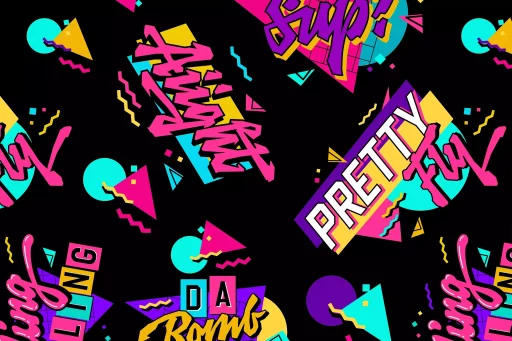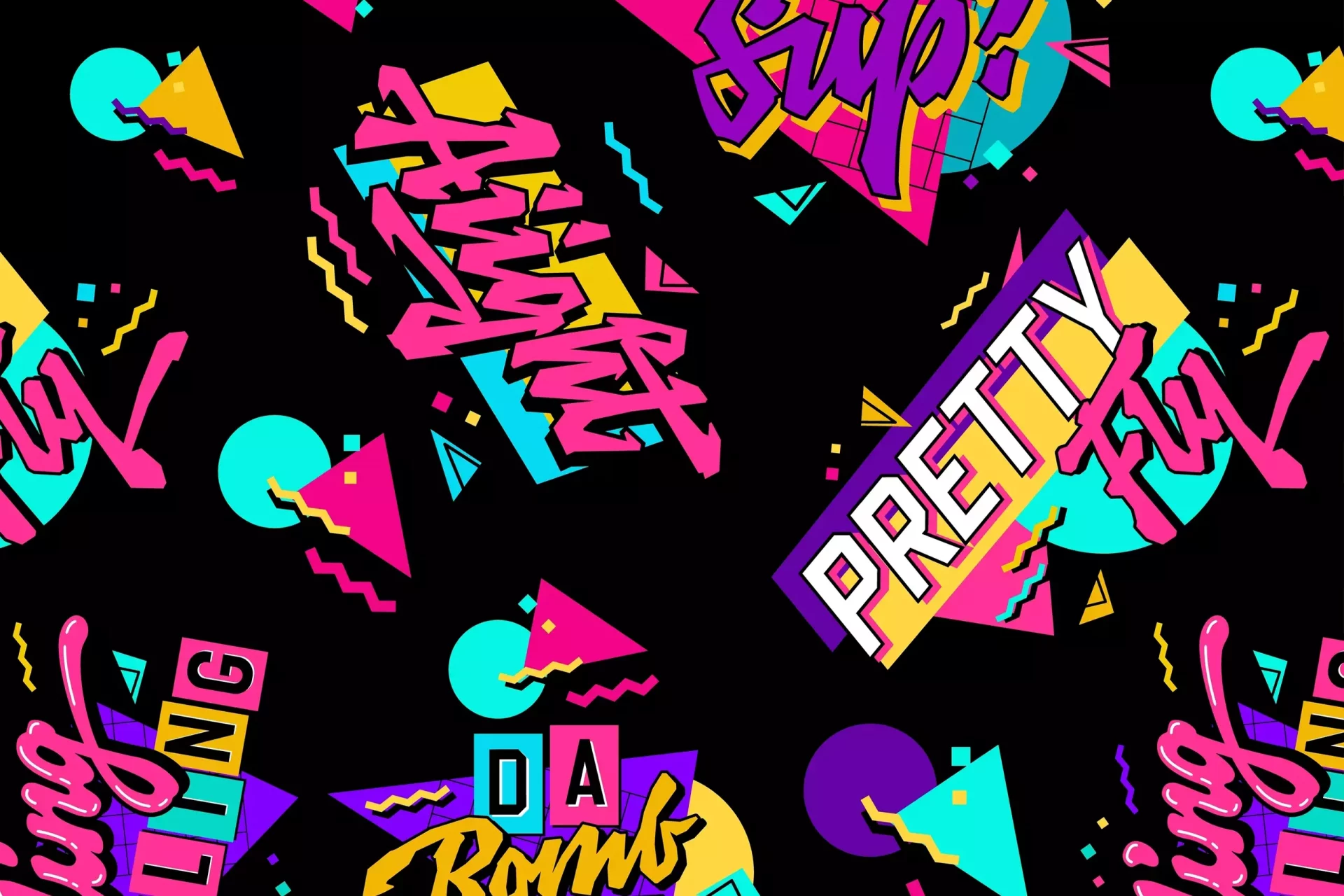Introduction to Bent Slang
Bent slang, a term that refers to a specific set of vernacular used primarily within certain communities, has deep cultural significance. Originating from underrepresented or marginalized groups, this form of slang adapts language in innovative ways, often creating unique expressions that are not easily understood by outsiders. In this article, we will explore the origins, examples, and implications of bent slang, as well as how it has evolved over time.
Origins of Bent Slang
The term ‘bent’ has a rich history, often used to describe something that deviates from the norm. In the context of slang, it frequently refers to phrases and terminologies used within LGBTQ+ communities, particularly in British English. The origins can be traced back to the 19th century, where LGBTQ+ individuals created coded language to communicate without being detected by a hostile society. This not only provided a sense of community but also a protective layer against prejudice.
Examples of Bent Slang
Within bent slang, many words and phrases have entered mainstream vocabulary, often losing their original implications. Here are some notable examples:
- Queer: Originally a pejorative term for LGBTQ+ individuals, it has been reclaimed by the community as a term of empowerment.
- Camp: An aesthetic style characterized by exaggerated and theatrical behaviors, often embraced within LGBTQ+ culture.
- Fag: Once derogatory, this has been used within the community amongst friends as an affectionate term, yet it remains sensitive due to its historical context.
The Role of the Internet in Popularizing Bent Slang
The rise of the internet and social media platforms has significantly impacted the dissemination of bent slang. Communities have found spaces to share, evolve, and redefine their language. Consider this statistic:
- Research indicates that 80% of LGBTQ+ individuals use social media to engage with their community, thus facilitating the spread of bent slang.
Online forums, Twitter, TikTok, and Instagram have allowed for rapid evolution and adaptation. Certain phrases can gain attention overnight, demonstrating the dynamic nature of language.
Case Studies of Bent Slang in Popular Culture
Bent slang has not only remained within the confines of subcultures but has permeated mainstream media. Here are a couple of case studies:
- RuPaul’s Drag Race: This reality TV show has popularized terms like “shade” (subtle insult) and “sickening” (fantastic) among mainstream audiences. The show’s success has created visibility for LGBTQ+ culture.
- Queer Cinema: Films like “Paris is Burning” and “Call Me by Your Name” explore themes of identity and self-expression, often featuring bent slang that resonates with the LGBTQ+ community.
Statistics on Language in the LGBTQ+ Community
Understanding the prevalence and impact of bent slang can be enlightening. Here are some relevant statistics:
- According to a 2022 survey, 65% of LGBTQ+ youth feel that language plays an essential role in their identity.
- About 55% of respondents in the same survey report they actively use or engage with bent slang in their everyday conversations.
These statistics highlight the importance of language in fostering a sense of community and belonging.
The Impact of Bent Slang on Identity
Bent slang plays a critical role in the identity formation of individuals within the LGBTQ+ community. Its use engenders a sense of belonging and solidarity. For many, employing these unique phrases confirms their identity and cements their connection to a larger community. Moreover, it acts as a form of resistance to the societal norms that have historically marginalized these individuals.
Conclusion
Bent slang offers a fascinating glimpse into the evolution of language and identity within marginalized communities. As society continues to grow more inclusive, the lines separating bent slang from mainstream language will continue to blur. This phenomenon not only validates the cultural significance and historical roots of these expressions but also emphasizes their power in shaping identity and community in an ever-changing world.


